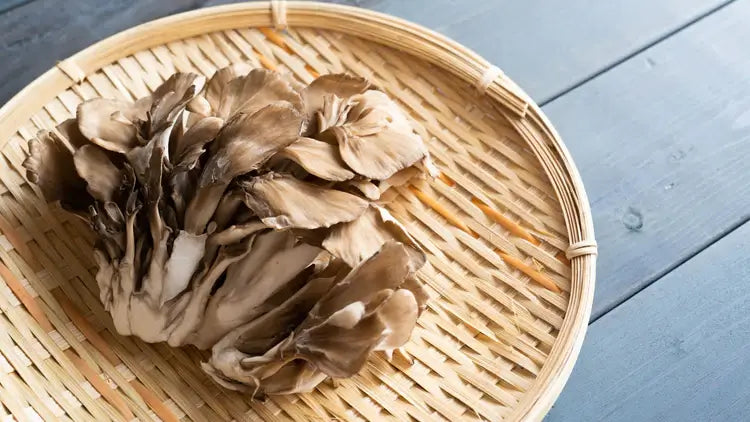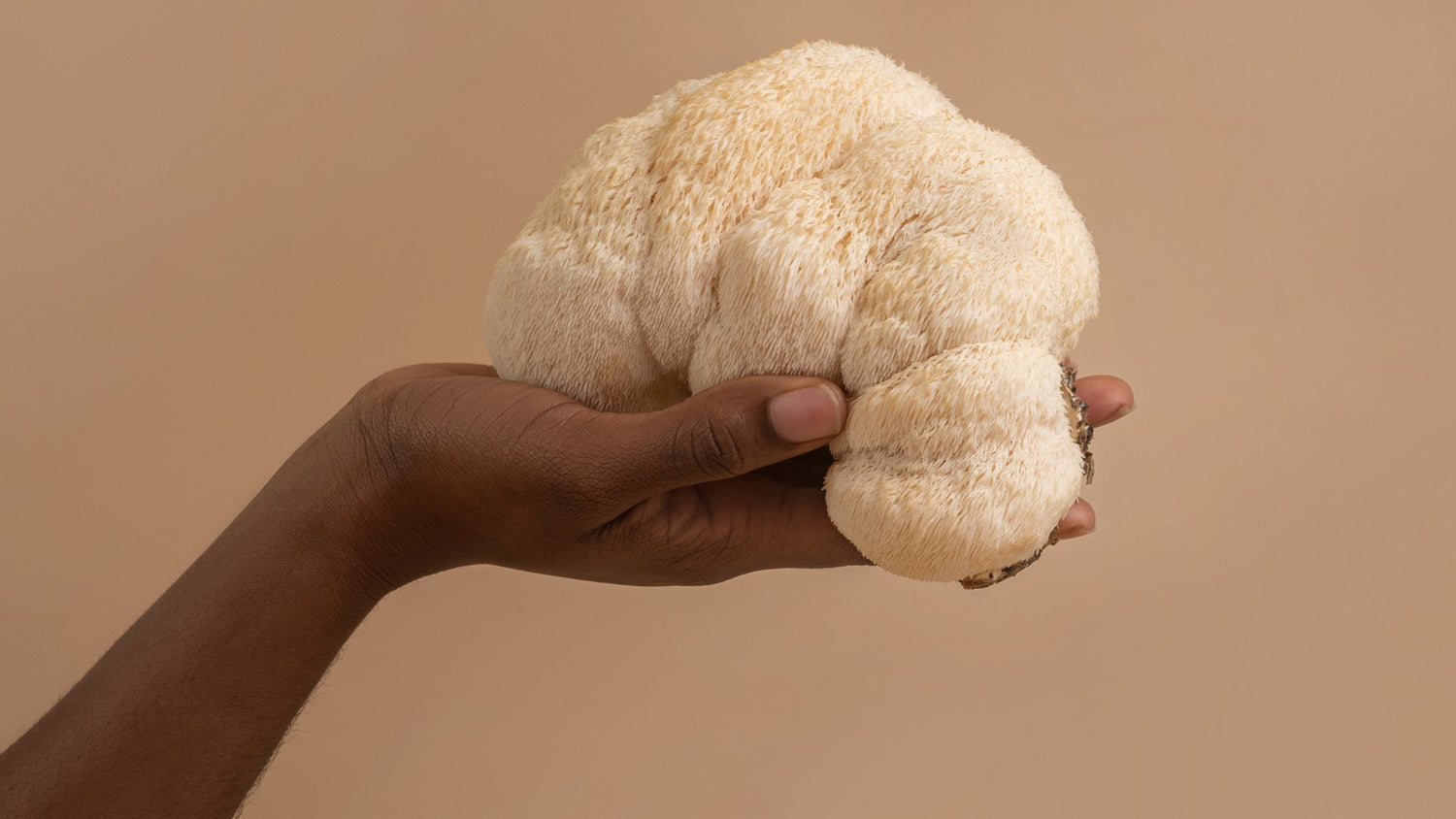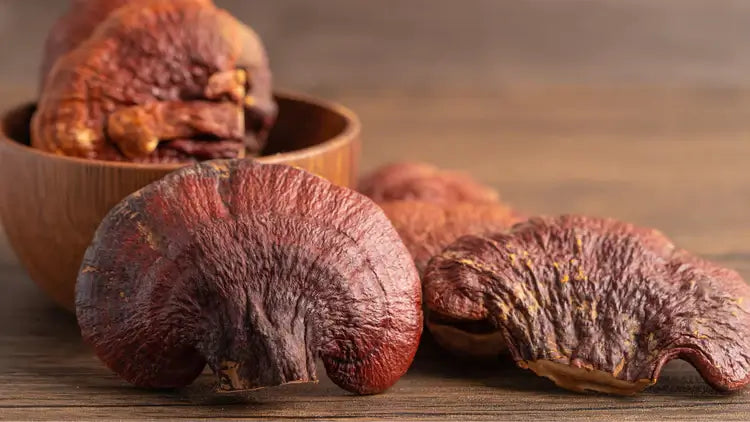This week, we're giving you the chance to win a Love Hemp CBD bundle AND a month's supply of OHSO Chocolate - The gut friendly chocolate! Their bars contain over a billion live cultures for a happy healthy gut! Head over to our Instagram page to enter!
(competition runs from 6th-10th June only, winner will be selected at random and announced on 10th June)
“Gut microbiome” is a term that refers to the microorganisms which reside in your intestines. We typically have around 300-500 different species of bacteria living in our digestive tract! While it may sound scary that these critters call our guts their home, most microorganisms we harness are in fact “friendly” bacteria which are incredibly beneficial, even essential, to a healthy gut and ultimately a healthy body. Beneficial bacteria, also known as "live cultures" aid the digestive system and and help to regulate the natural bacteria within us and therefore improve the body's inner workings. These beneficial bacteria are known as 'probiotics'.
The gut, in essence, is a mini-ecosystem that assists us in breaking down the food that we eat and absorbing the nutrients for us to benefit from. But in recent research, we are now learning that the bacteria living in our tummies has a vast impact on everything ranging from inflammation levels to fat loss, to even mental health issues such as anxiety and depression.
Signs of an Unhealthy Gut
Weight Loss
While most of us would rejoice at the sight of pounds dropping off the scales, unintentional weight loss, or any changes in weight for that matter, could very much be a cause for concern. Small Intestinal Bacterial Overgrowth (SIBO) could cause weight loss while weight gain could be caused by decreased nutrient absorption, encouraging the urge to over-eat. Any changes in weight should be discussed with a healthcare professional, just to be on the safe side.
Fatigue and Issues with Sleep
Serotonin, a neurotransmitter responsible for regulating mood, digestion, sleep amongst other things, is surprisingly mostly produced in the gut. So if your gut-health is compromised due to poor diet, or overuse of antibiotics, it’s no surprise that your ability to sleep well would be impaired. This in turn affects mood and mental health... so now you're really starting to see how the gut, being the epicentre of the body, can affect so much more than just food digestion.
Upset Stomach
Issues such as bloating, irregular bowel movements, gas, heartburn would all be considered as signs that something isn't right in the tummy region. If you are experiencing any of these symptoms, it’s always recommended to seek the advice of your GP who can carry out necessary investigations. Ever heard that phrase “trust your gut”? Well if you feel like something’s wrong, go and get it checked out.
Food Intolerances
Signs of a food intolerance could be anything from bloating, gas, diarrhoea, abdominal cramps, skin irritation, nausea and even fatigue. A food intolerance may very well be caused by poor quality bacteria, which will have a knock-on effect in other areas of your health.
How To Improve Your Gut Health
Include More Fibre into Your Diet
Fibre is the unsung hero of the food groups. Having a diet which is rich in high fibre foods such as beans, pulses and legumes will mean that when ingested your gut creates byproducts such as short-chain fatty acids which can assist with issues like lowering inflammation and supporting immune system function.
Keep a Food Diary
Keeping a record of foods going in and any possible change in your state would be worth doing. For example, do you get bloated or experience acid reflux after indulging in an ice cream sundae? Do you get tired after eating a huge bowl of pasta with a side of bread? Taking steps to record how your body reacts to certain foods is a sure way to see if you may have an intolerance, and if what you’re having is wreaking havoc with your gut.
Reduce Sugar Intake
Bad gut bacteria absolutely loves and thrives on high sugary carby foods to keep them going. It has been known that candida (otherwise known as thrush) can be exacerbated by high sugar foods. If you are someone who suffers with bouts of this condition, perhaps consider reducing your sugar intake!
Supplement with a Prebiotic or Probiotic
Supplementing with a prebiotic (which promotes the growth of beneficial bacteria in the gut) or a probiotic (live good bacteria) is a sure way to support the health in your gut. Always seek the advice of your healthcare professional before incorporating new supplements into your diet.
Does CBD Fit in?
CBD works to harmonise the body and pull all functions of your body into natural balance, otherwise known as homeostasis. Introducing CBD into your diet, as well as making the changes suggested above will support your overall wellbeing. Always consult a medical professional before introducing a new supplement into your diet.





